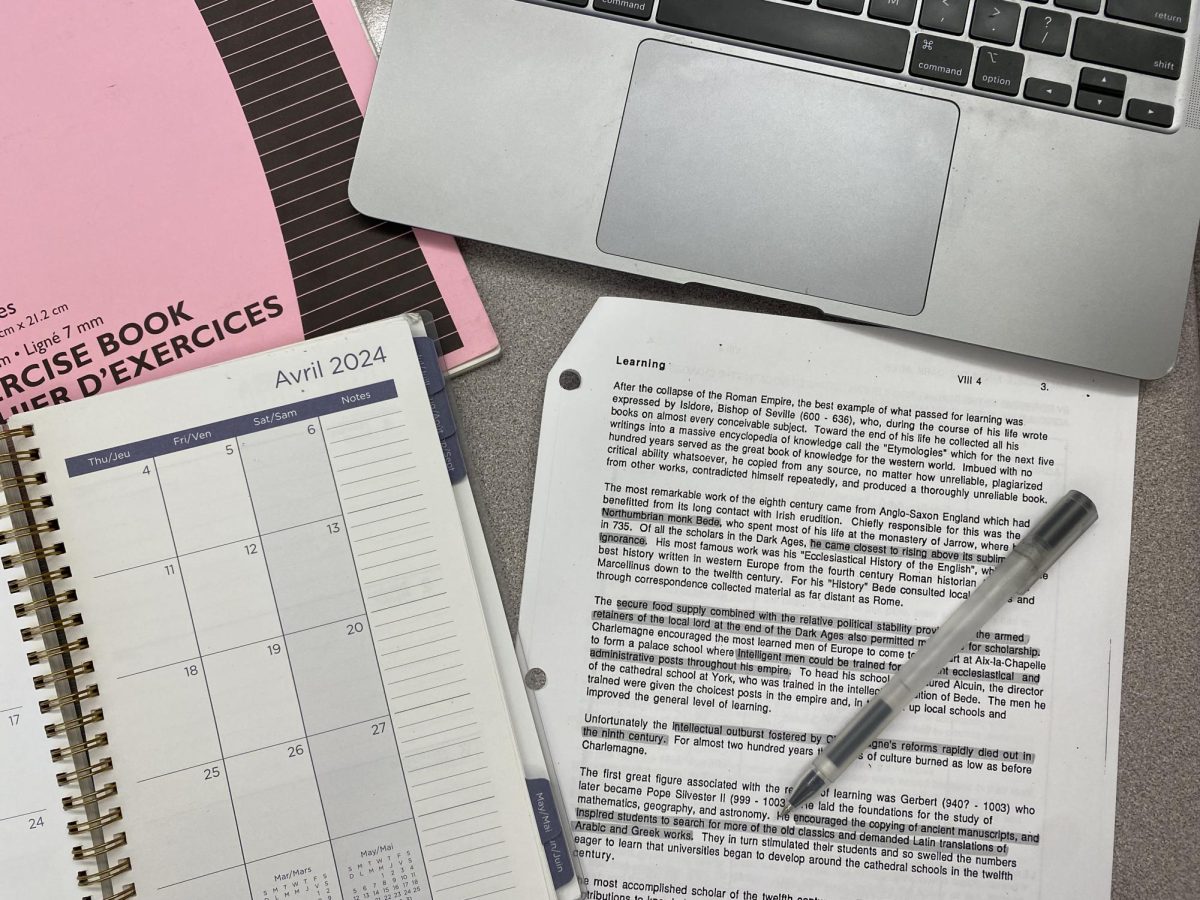As the second semester unfolds, students can reflect on their areas of strength and foster growth. This, along with maintaining and prioritizing overall well-being is essential to kickstart an academic comeback. The following are a few tips and suggestions that anyone hoping to get off to a fantastic start in their new term should note.
1. Identify weaknesses
Figuring out one’s weaknesses as a student is important to overcome those shortcomings. This can be simply done through self-reflection. Asking oneself questions such as: What went wrong? Is there anything that could have been done to prevent that from happening? Recognizing one’s weaknesses at the start of the semester enables one to deal with them early on and make progress. By being proactive, students can more skillfully handle potential roadblocks, have a better start to the new semester and have a better mental well-being.
2. Learn from mistakes
The next step is to learn from one’s mistakes. Students can make a note for themselves, like “procrastinating results in stress and, often, poor grades” and try to not follow the path they took their first semester. Some other common mistakes made by students include not seeking help when they require it, relying on teachers to prepare them, trying to work in front of their phones, and not taking effective notes. Therefore, always be prepared to ask questions and get help when things feel too complicated, put phones away when doing schoolwork, take initiative to make themselves ready for upcoming tests and take detailed notes are some great steps a student can take to ensure success for their second semester.
3. Prioritize ongoing physical and mental health.
Success is not solely measured by academic achievements; maintaining good mental health is equally important. Recognize the significance of seeking help when needed, managing stress, and creating productive study environments. Incorporate mindfulness practices, short breaks for relaxation and physical activity into daily routines. For instance, going on walks occasionally is an excellent way to destress from the pressures of school and homework. A healthy mind contributes to enhanced cognitive abilities and overall academic performance.
4. Build on successful practices.
Consistency with positive habits is key to a healthy and successful semester. Identify what worked well in the past, such as organizational skills and timely completion of assignments. This consistency establishes a foundation for success, promotes good study habits, effective time management and lowers stress levels and improves overall health.
5. Establish goals.
Strive for balance by incorporating healthy eating habits, regular exercise and sufficient sleep into daily routines. A well-rounded approach fosters a positive mindset, resilience, and sustainable success throughout the ongoing semester.
The opportunity for a healthy academic comeback comes through learning from past mistakes, maintaining positive habits, setting holistic goals and remaining healthy.








